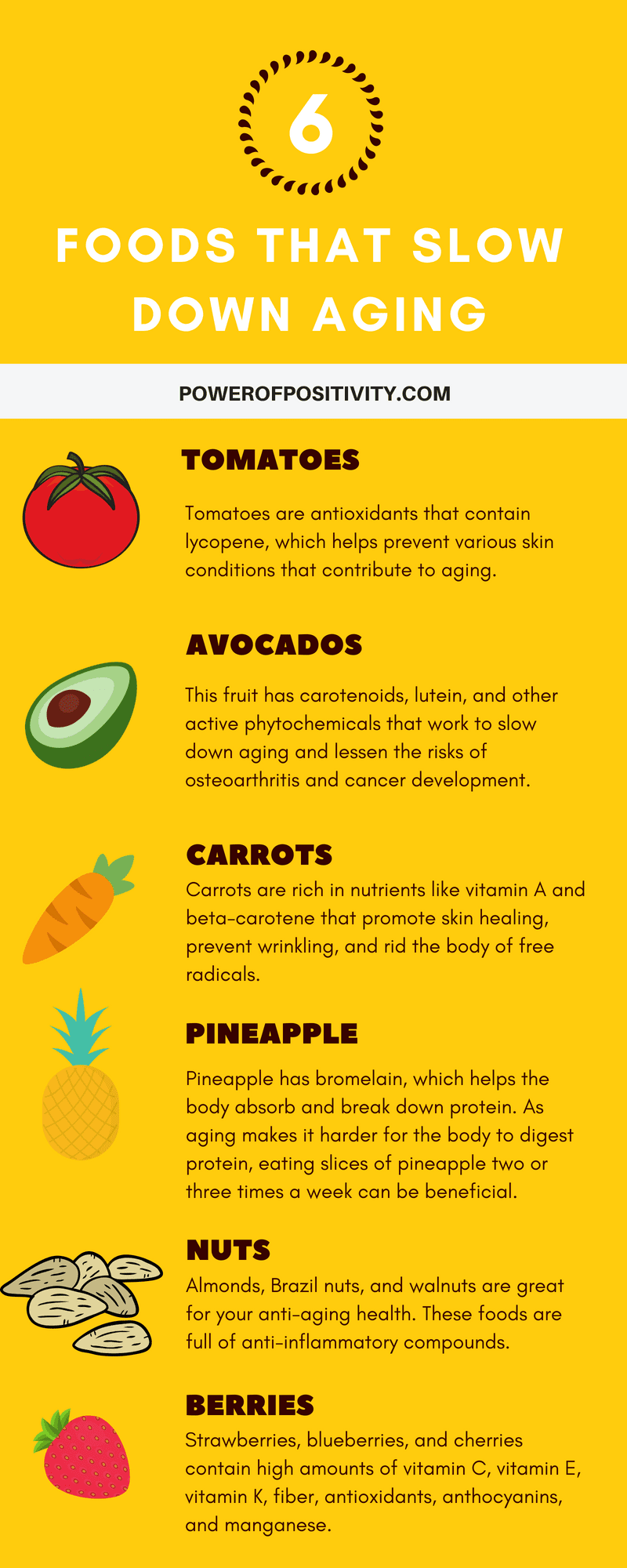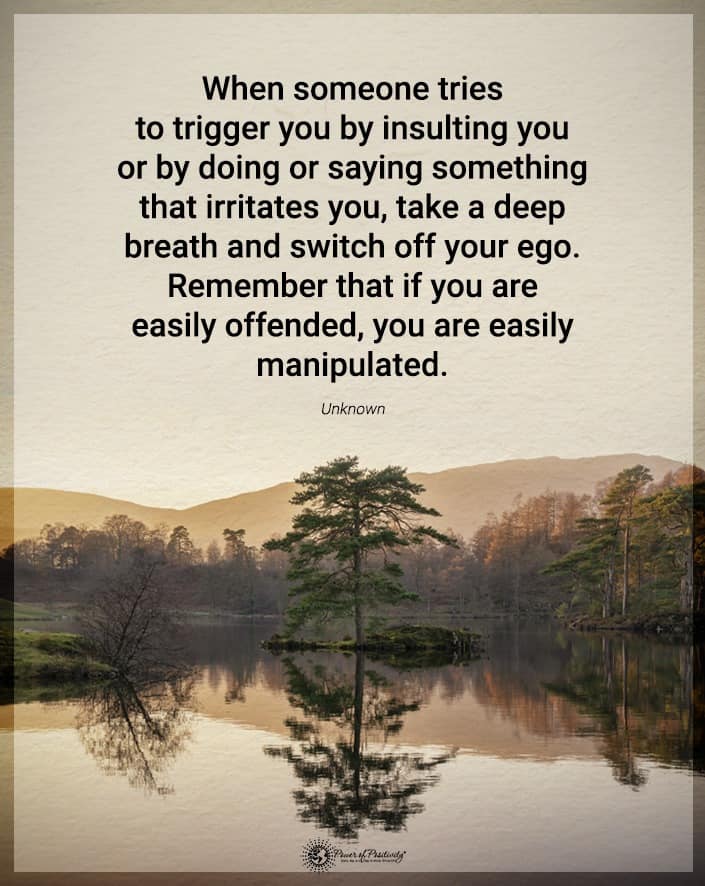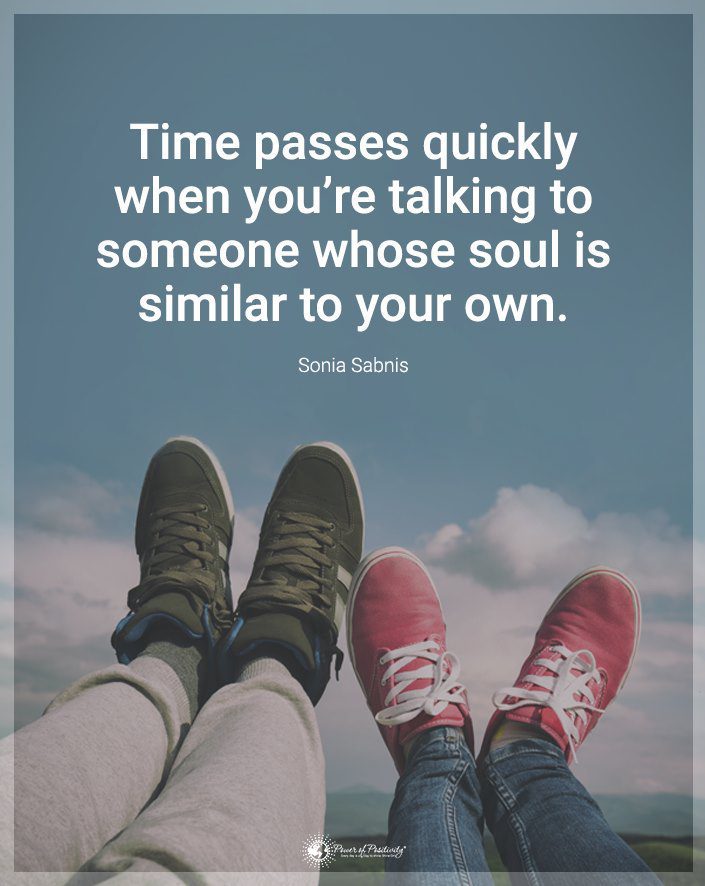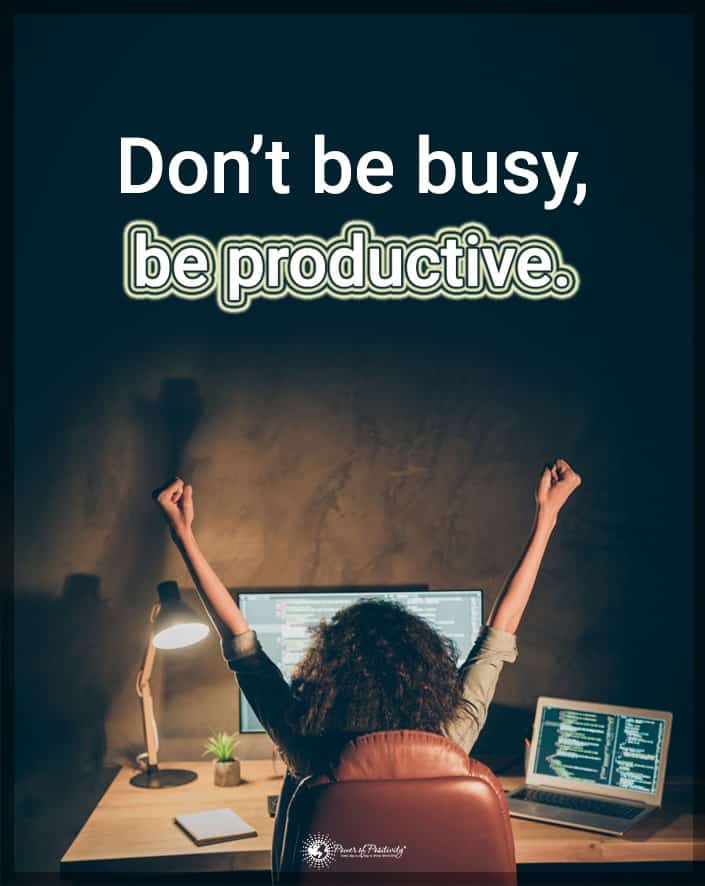When you have a partner who loves you, that’s all you need for a successful long-term relationship, right? Unfortunately, love is not all you need. As humans, we have physical needs that include sex. If the passion has gone out of your relationship, rekindle the fire with these relationship reminders…
10 Ways To Rekindle The Fire In Your Relationship:

1. Play hard to get.
In a long-term relationship, you no longer have the thrill of the chase. We’re not discussing withholding sex from your partner, but try being slightly less available to them.
Become a moving object of desire by having your own personal interests that you enjoy separately from your partner. If you spend a bit of time away from your partner doing things that you love to do, you spark your own creativity and have something new to share with them.
2. Try something new together.
If you’ve never had sex in the shower, invite your partner in to get frisky. Have you ever gone to an adult store? Even if you just laugh the items you find there, you’ll have a new shared experience that connects you.
Even if you don’t try something new sexually, you can have a shared adventure together. For example, go horseback riding or sailing. You’ll have an enjoyable day together, and the change is good for when you’re in a rut.
3. Use sexy words to spice up the relationship.
The brain is an often overlooked erogenous zone. If you haven’t coupled for a while, start by telling your partner how much you miss being physical. Try ‘Honey, the way that shirt hangs open a bit gets me all worked up. I’d love to take you in my arms and show you how much I need you.’ You two need a moment alone now, don’t you?
4. Watch TV in bed.
It almost sounds like bad advice, but a survey of 2431 people revealed that those with a television in their bedrooms had sex twice as often as those who did not. It’s possible that with the increasing number of steamy sex scenes on TV, it would put both partners in the mood for love.
5. Touch your partner to display physical interest in the relationship.
Another study suggests that ‘couples may find it difficult to rebuild intimacy if they define intimacy too narrowly or rely on only one dimension of intimacy to sustain their relationship.’ You or your partner can start to rekindle the fire with a massage, cuddle, foot rub by holding hands or with a kiss that lasts longer than 5 seconds.
6. Rebuild trust in each other and the relationship.
Being intimate with someone is very difficult unless you trust them. When one partner feels that the level of trust in the relationship has changed, they may withdraw.
Major betrayals, such as infidelity, can be very difficult to overcome. You may need a couples therapist if something has happened to break the trust in your relationship and you can’t figure out how to get it back.
7. Communicate your needs.
According to a study in the Journal of Family Psychology, partners who neglect each other’s feelings had lower overall relationship satisfaction. This lack of listening and understanding creates an obstacle that can put out the fire in a relationship.
If your partner can’t meet your needs outside of the bedroom, how can you expect them to meet your needs in the bedroom? Talk to your partner about what you need by saying ‘I need you to ___, which will help me feel ___.’
8. Avoid criticism.
You may feel that critiquing your partner’s performance in bed or out is helpful, but your partner might stop trying altogether if they hear too much of it. Licensed marriage counselor Dr. Frank Gunzburg says, ‘You want to attract your spouse to rekindle love and desire, rather than chase him or her away.’
9. Spend time together.
Having time together allows partners to talk and learn about each other. No matter how long you’ve been together, there’s always something that your partner has yet to learn about you. Dr. Gunzburg suggests spending special time with a candlelit meal, a moonlit walk or sitting together after putting the kids to bed can all be ways to rekindle the fire.
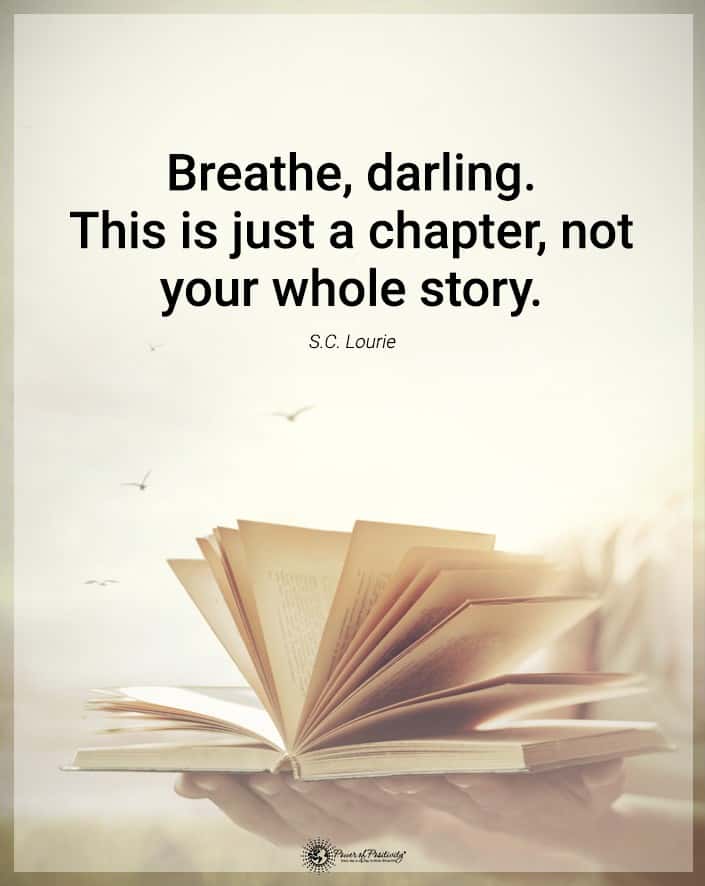
10. Find a relationship therapist.
When all else fails, and you need professional help, seek a licensed therapist to help you figure out how to reconnect physically. You can find a licensed marriage and couples counselor here or a licensed sex therapist here.
It is perfectly normal to be afraid of talking to a counselor about your sex life in your relationship, but you have nothing to fear. According to Laurie Watson, Licensed Marriage and Family Therapist and author of Wanting Sex Again, most couples who seek help wonder why they waited so long,
Seeking the help of a therapist can be difficult to bring up with your partner, so try saying, “I feel I haven’t responded well to you lately, and I know I can do better. I want to learn new strategies of responding to you, but I need you to be a part of that, giving me your input and feedback. I’d like you to come to a counseling session with me.”

